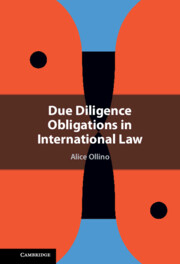The Knesset has recently amended Basic Law: The Judiciary to eliminate the ability of the courts to issue an injunction against the government or any of its ministers based on the reasonableness of their decisions. This article examines this amendment from various angles. The first section posits the amendment as part of a larger plan of the coalition to eliminate judicial review and provide the government with unlimited power. The second section emphasises that the amendment was legislated by the Knesset for itself, raising concern over a conflict of interest. This is followed by a brief explanation of the reasonableness standard in Israeli law, and an assessment of the duty to act reasonably, which stems from the democratic principle of the rule of law. The next two sections assess the many risks that the amendment creates, such as the types of decision that could be made without adhering to a standard of reasonableness, and the trimming of the power of the Attorney General as a legal ‘gatekeeper’. Special emphasis is given to the dangers that the amendment holds for the quality and diversity of the civil service. Finally, the article discusses the multiple reasons why the government should not be immune from a reasonableness check and tackles the arguments against the use of the standard of reasonableness by the courts.
This multifaceted analysis leads to the conclusion that the elimination of the reasonableness standard undermines basic features of democracy and fractures the social contract between the citizens and the government. Therefore, it should not be immune from judicial review.


